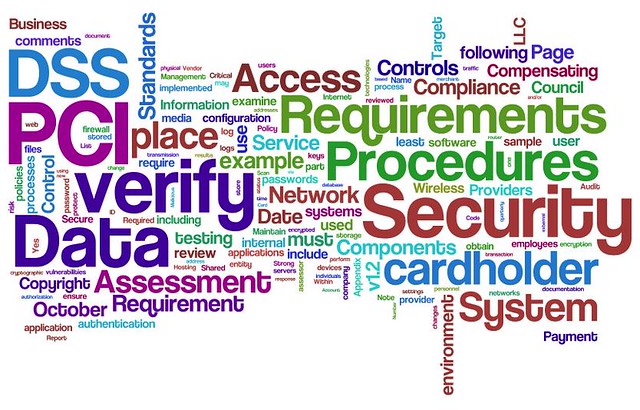No, that is not a typo. Well, it is, but it’s an intentional one. (This time.) The first time I typed it I was aiming for Spring Cleaning, but my right hand decided that Sproing Cleaning was much more accurate, and I must say I agree with it (not least because it is presently spring nowhere on earth).

There’s a sort of a fizz in my blood at the moment, a wild and reckless fizz which suggests the committing of wild and desperate acts of pruning. (Of stuff, not plants. Mostly.)
This is hardly surprising, coming as it does on the heels of the completion of a years-long project. And it’s encouraging. According to Julia Cameron in The Artist’s Way, “One of the clearest signals that something healthy is afoot is the impulse to weed out, sort through, and discard old clothes, papers, and belongings.”
So here I am, poised on the brink of the Sproing Cleaning, little pebbles falling over the edge at my feet (a game here, a book there…) and wondering – how far do I go?

This question is of course affected by many factors. How much stuff I actually have, how much of it is not ‘mine’ but ‘ours’ and therefore not mine to fling at will, how much energy I have to expend (always bearing in mind that it’s more economical of energy to do the job thoroughly once than fribble away at the edges of it for years).
[Digression: I thought I had invented the word ‘fribble’ but according to the SOD it can mean “to falter, stammer; to totter in walking… to act aimlessly or feebly; to fiddle;” or “to behave frivolously” – said to be the more modern meaning, around since the 1640s. And that’s just the verb…]
But at the heart of it, I think all these questions come down to one factor: regret. Would I regret getting rid of things? Would I regret not getting rid of more? Where, in fact, does the true sproing lie in all of this? According to Marie Kondo, “The question of what you want to own is actually the question of how you want to live your life.”
According to Marie Kondo, “The question of what you want to own is actually the question of how you want to live your life.”
How do I want to live my life? What does that entail getting rid of? And even if I do regret the occasional discarded item, is it still worth it for the resulting sproinginess?
I guess the reason I’m asking all these questions in a public forum is because I’m not sure I yet have the cavalier attitude necessary to plunge over the edge at which I stand, and, well, we’ve all heard the story about penguins, haven’t we?
(Penguins don’t actually do this, it turns out, but bear with me; it’s a useful metaphor.) The penguins allegedly jostle together at the edge of the ice until one is shoved right over the edge – thus providing valuable research data on the presence of predators in the waters below.






